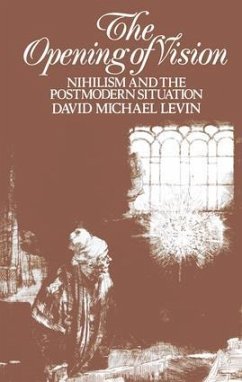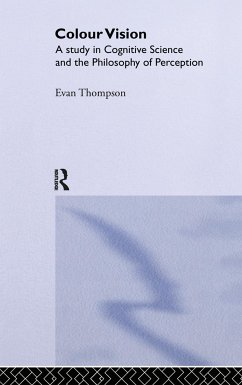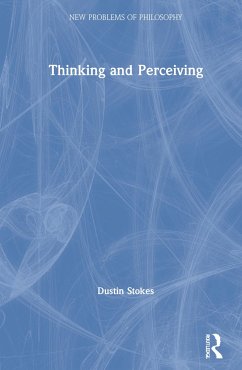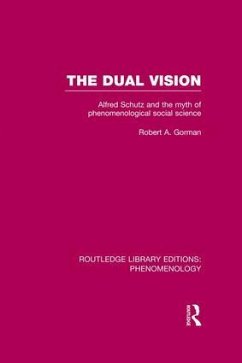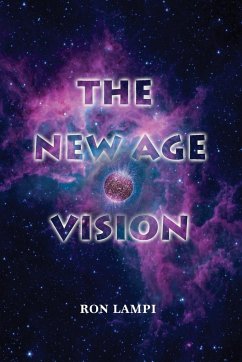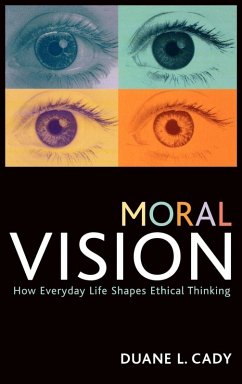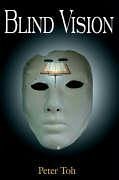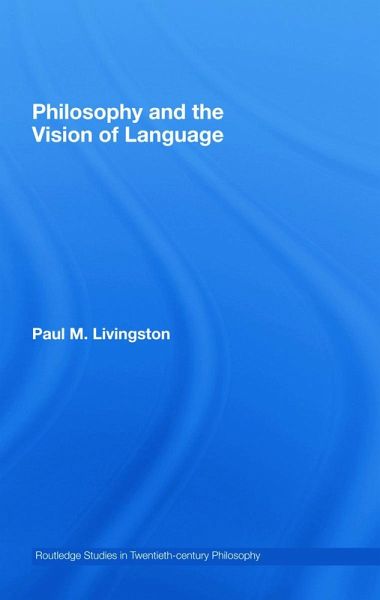
Philosophy and the Vision of Language
Versandkostenfrei!
Versandfertig in 1-2 Wochen
181,99 €
inkl. MwSt.
Weitere Ausgaben:

PAYBACK Punkte
91 °P sammeln!
Philosophy and the Vision of Language is a philosophical interpretation of the recourse to language in analytic philosophy over the twentieth century, examining the enduring significance of the linguistic turn that inaugurated the analytic tradition and still determines many of its characteristic methods and problems.





